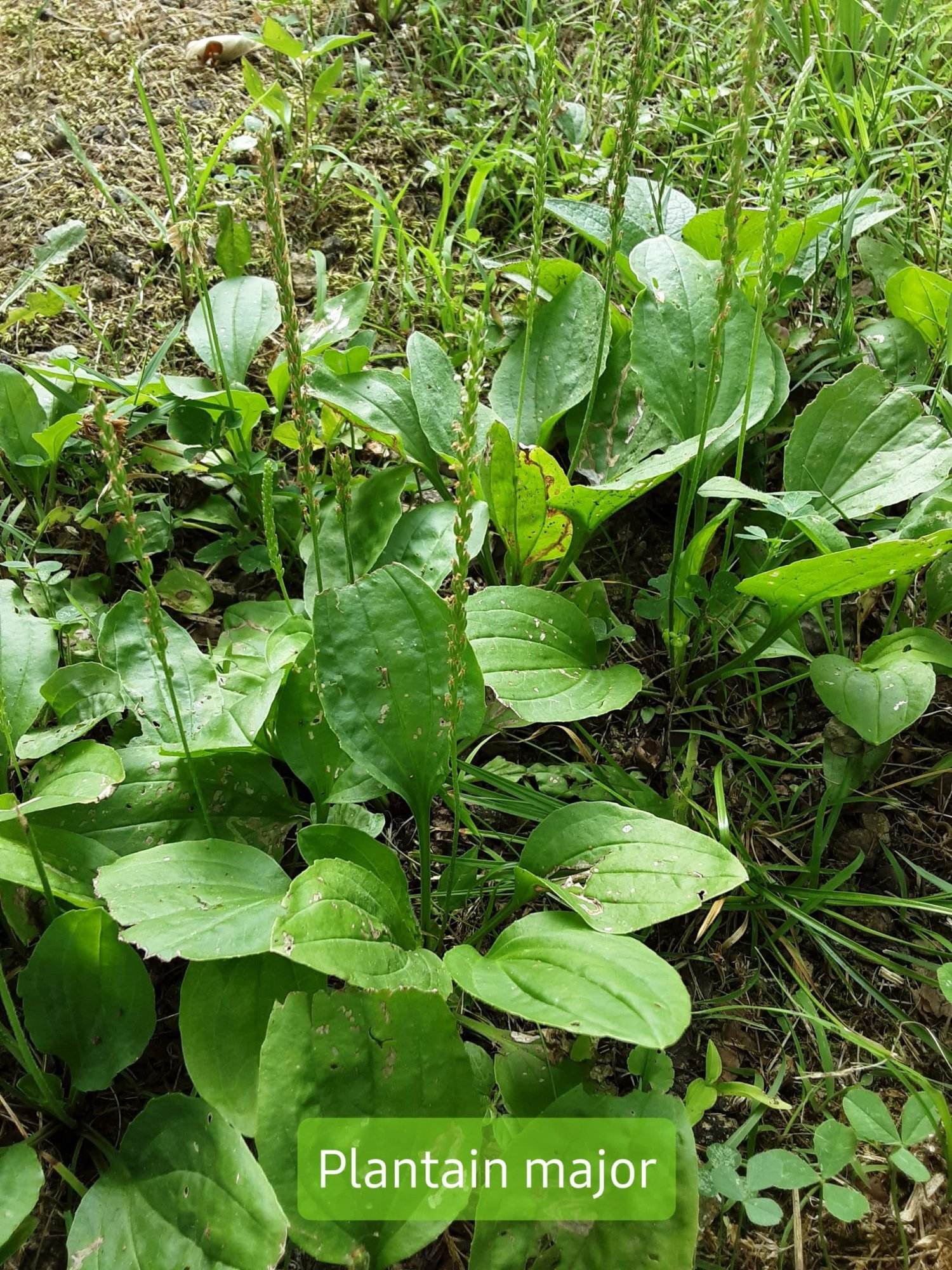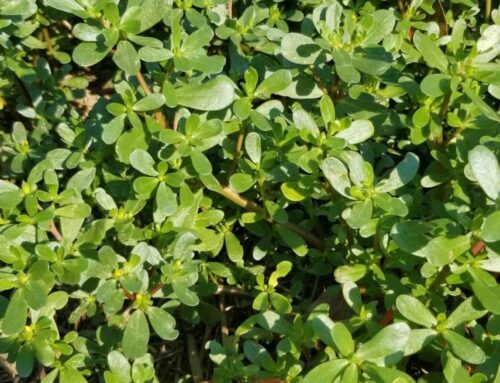Its July already?! My how time flies when you’re having fun. We’ve had a fairly great year weather wise, don’t you think? A foot of snow, a foot of rain and now not too radically hot. The woods are lush and the wildflowers have been spectacular. Which brings me to my purpose, utilizing our surroundings for food and medicine.
Each week we will explore a plant commonly found in North Arkansas. We have a wide array in our area, some extremely delicious and wildly medicinal. Our ancestors knew all this. Somehow, we got steered away from nature to a more chemical world where people eat white tablets and kill food in our yards.
It’s time we learn what our forefathers knew about these valuable assets and make sure our children can identify these as well. So let’s start with one of the most common, most helpful “weeds” there is: Plantain.
There are 2 varieties. Plantain major is the large leaf, low growing, easily eaten kind. The new leaves are tender and delicious.
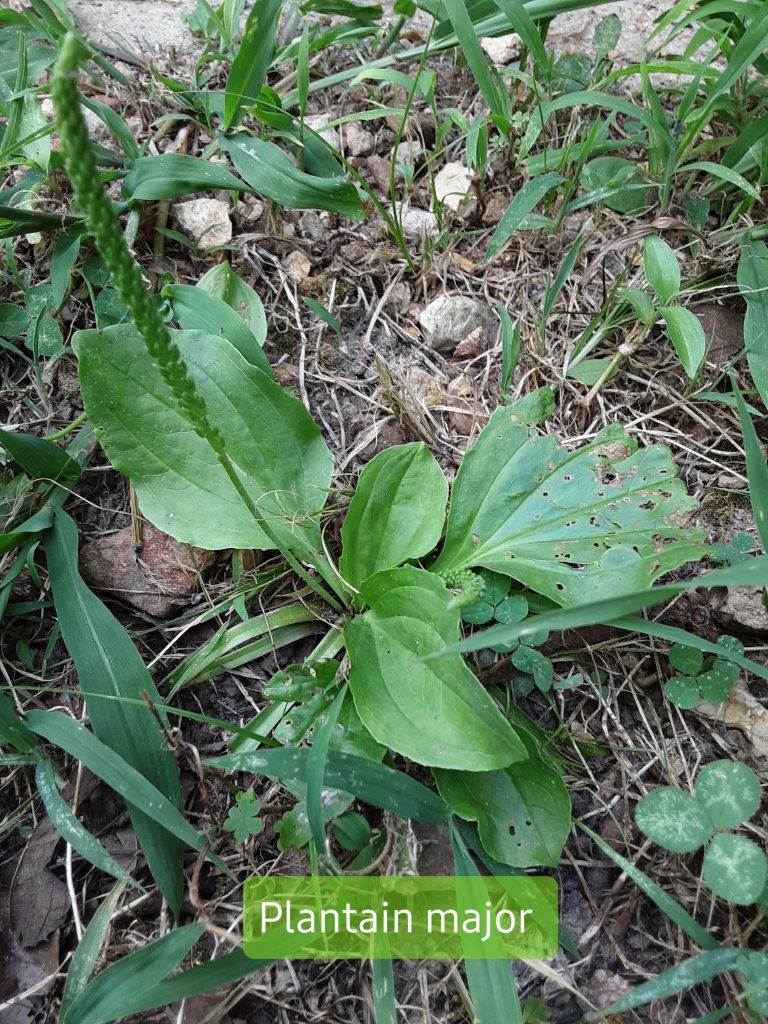
Plantain lanceolata is the narrow leaf, taller variety with the tall blooms that shoot up from the middle.
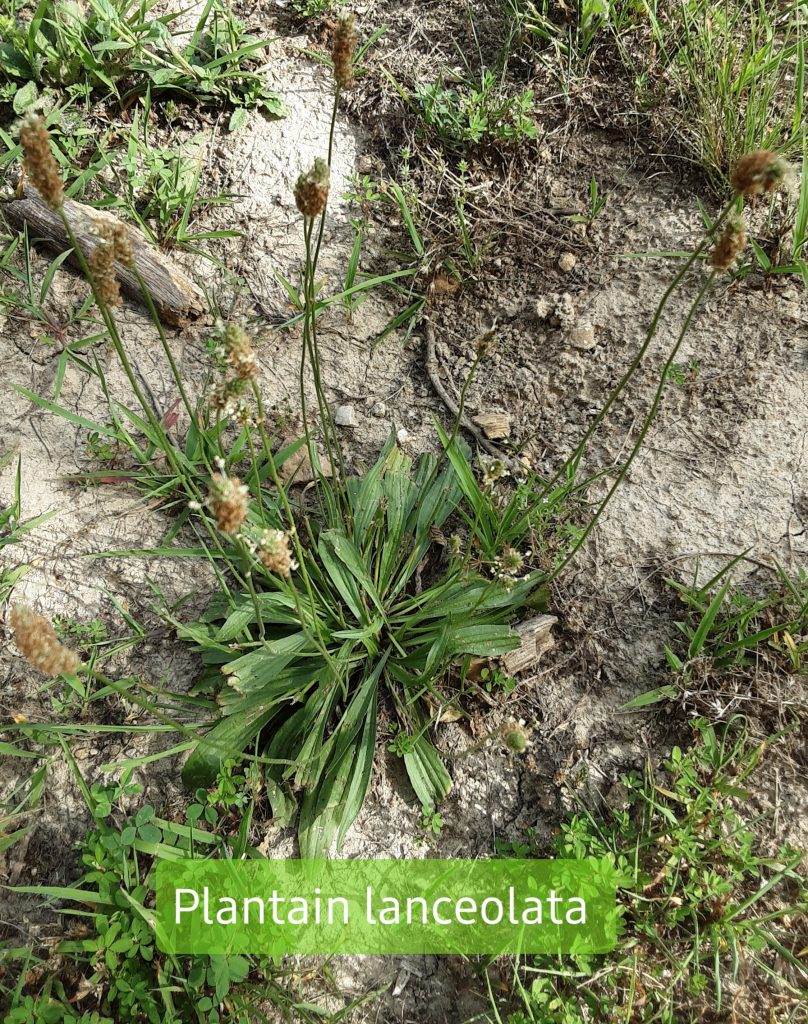
Both are edible and medicinal. The narrow leafed lanceolata has tougher leaves and is better suited for medicinal uses verses eating. It’s an amazing plant and both varieties are probably abundant in your yard, right now, free! All plantain have 5 veins running through the leaf and leaves grow in a pattern cluster of 5 leaves. They grow abundantly in sun or shade throughout spring, summer and fall. In winter they go dormant. However, I have had them continue growth under a thick bedding of leaves but certainly do not count on this.
Plantain can stop the itch of any bug bite almost immediately. Chew a leaf to a near mush consistency and apply to affected area. This is sometimes called the “green band-aid” or a poultice. You’ll find it instantly feels better. Plantain leaves contain several bioactive compounds which contribute to its healing properties. They also contain mucilage, which moistens and cools irritations. It’s both anti-inflammatory and antimicrobial. Plantain is also an astringent (aka an herbal drawing agent) and a diuretic!
It’s so helpful in many first aid situations. The leaf can be used externally for soothing insect bites/mosquito bites, bee stings, scrapes, sunburn, poison ivy, acne, bruises and even for drawing out splinters and minor infections. The most common preparations for external use are a poultice, tincture, salve, or vinegar infusion. All easily made in your own kitchen.
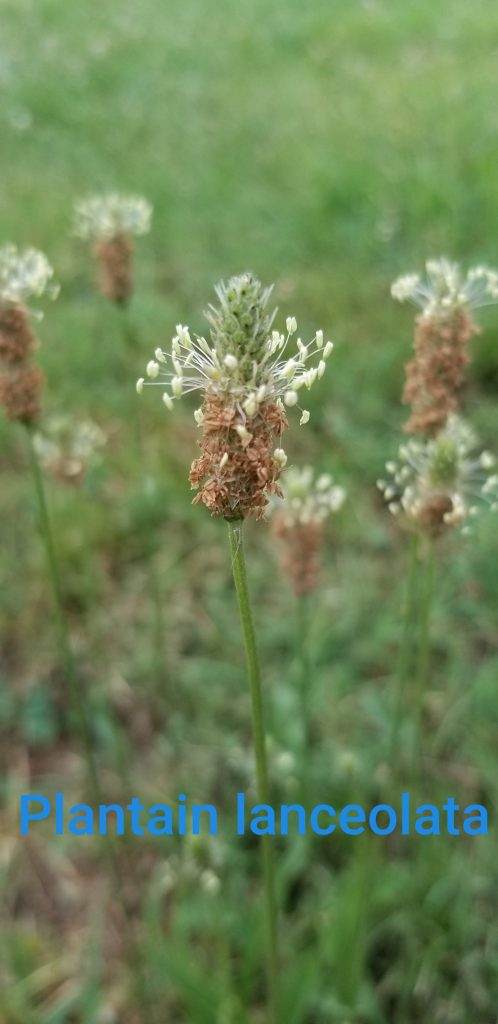
Now is the time of year to stock up on plantain. I pick buckets full of leaves and dry for later use. Once dried, they can be used for anything, including oils, salves, soups and teas. They can be crushed or ground. Store the well-dried leaves in air-tight containers to keep out contaminants and humidity.
Prior to harvesting any wild plant, make sure they are growing in an area free of human interference. Pollution is widespread and you sure don’t want to consume or make medicine from contaminated plants.
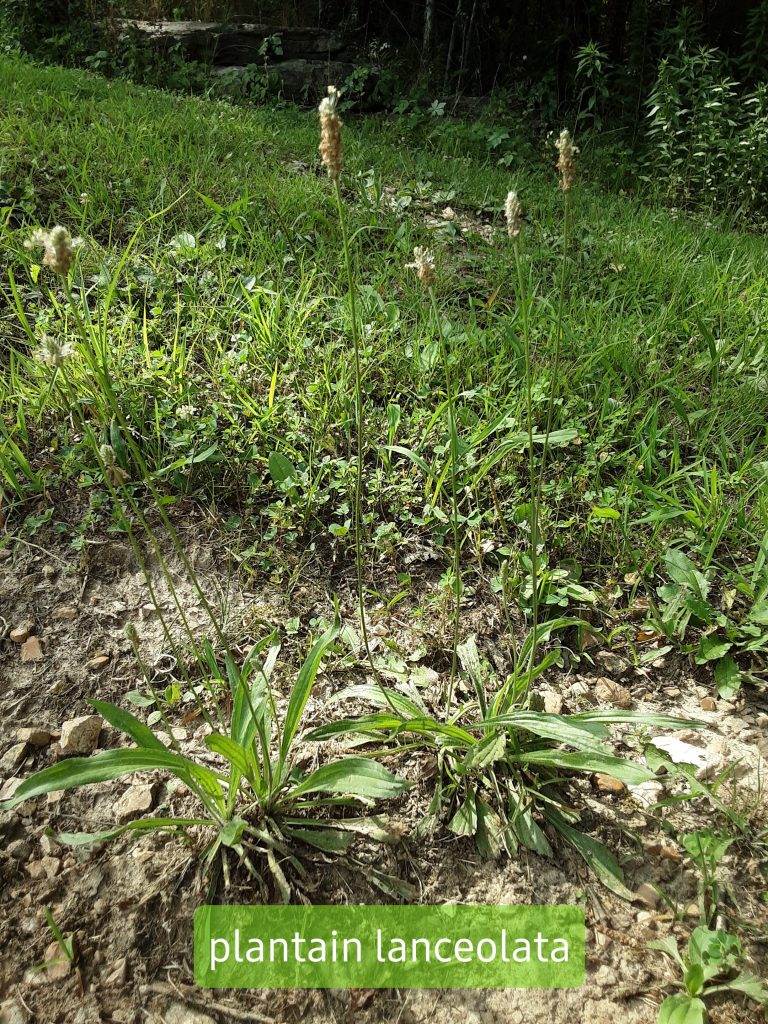
Plantain internally, in the form of a tea or tincture, can be used to soothe the digestive tract and urinary tract. And don’t forget it’s anti-inflammatory as well. It will help to lower blood pressure and cholesterol too! Contains every one of the 18 amino acids and is abundant in vitamins and minerals.
Use the dried leaves or powder in soups, smoothies and stir fry year around. The seeds and seed pods can be gathered and used for constipation. Plantain is a strong coagulant. It was used in Civil War era to stop bleeding in the field. Do not consume if taking blood thinners.
So as you can see, plantain is a versatile, valuable “weed”. It’s available most of the year and is easily stored. Even if the only thing you do is used it for pesky bug bites, you’ll quickly discover it’s indispensable. Until next week, carpe diem! ~Amy
[Welcome to the Old Ways, the Forgotten Ways. In no way is this medical advice. Contact a physician if you are experiencing a medical issue or have any questions.]

